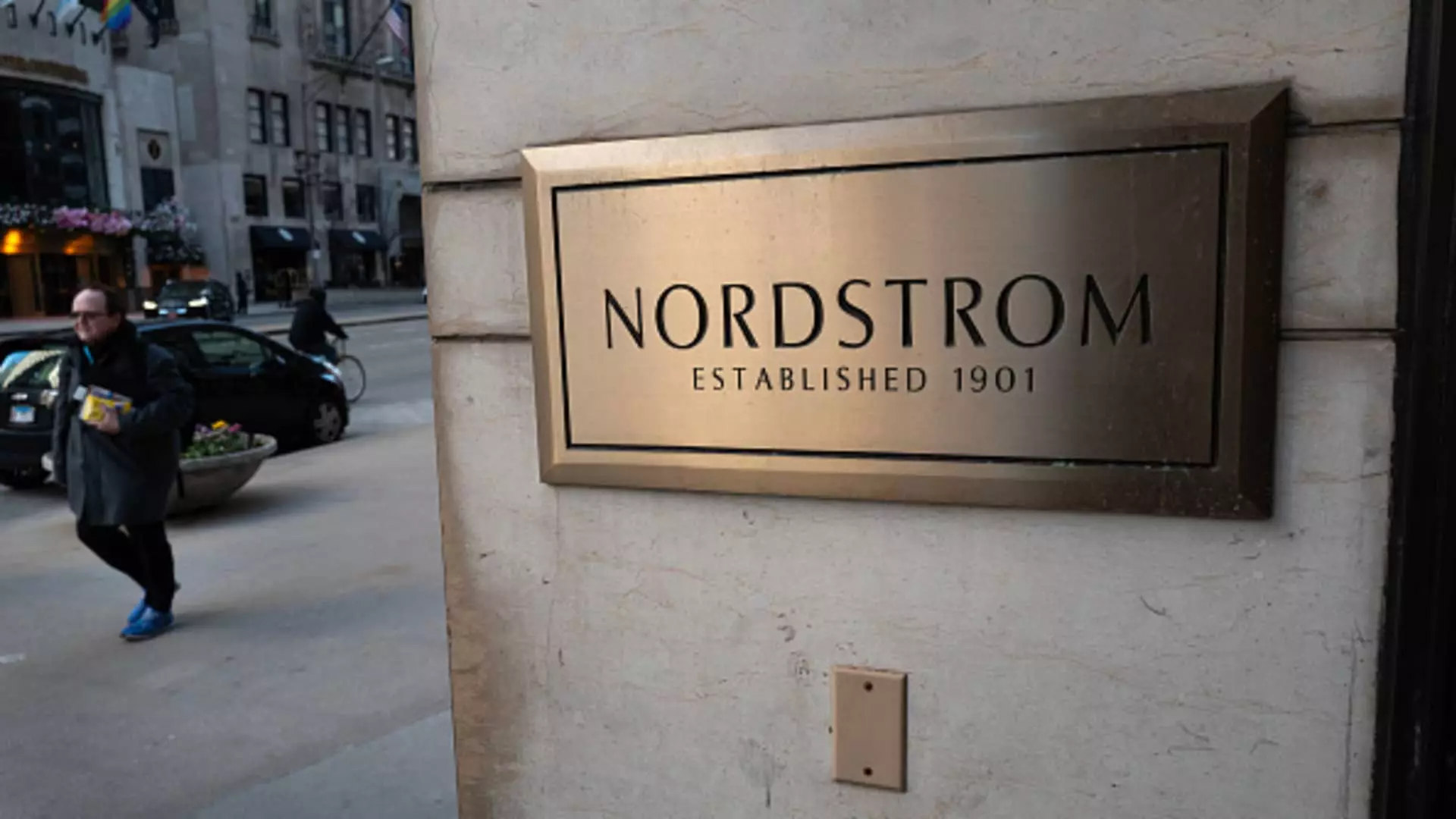On Monday, a significant shift occurred within the retail landscape as Nordstrom announced its plan to transition into a private entity. This decision follows an agreement with the founding Nordstrom family and El Puerto de Liverpool, a prominent Mexican department store chain, culminating in a buyout valued at approximately $6.25 billion. The transaction, unanimously endorsed by Nordstrom’s board of directors, is anticipated to finalize in the first half of 2025. This pivotal change indicates the family’s intent to reclaim majority control, securing 50.1% ownership, while the Mexican retail giant will hold 49.9%. These moves are indicative of a strategic response to the evolving pressures within the retail marketplace.
Implications for Shareholders and Company Direction
As part of this buyout plan, shareholders of Nordstrom will receive $24.25 in cash for each share held, a move that underscores the family’s commitment to providing tangible value despite external market pressures. Erik Nordstrom, the company CEO, emphasized the brand’s foundational commitment to customer satisfaction. He framed the buyout as the dawn of an “exciting new chapter,” positioning the company for long-term sustainability. However, this assertion arrives in the context of a challenging retail environment, where luxury brands are facing a cooling market as consumers become increasingly discerning about their spending.
This current buyout is not Nordstrom’s first attempt to privatize; a previous endeavor in 2018 failed to gain traction. The ambitions for privatization resurfaced last September when the Nordstrom family proposed an offer of $23 per share, valuing the company at around $3.76 billion. The fluctuating stock performance, with a reported 1% dip following the announcement, reflects investor hesitation and market volatility. The market’s reaction is telling of the uncertainty enveloping the retail sector, particularly as major retailers continue to grapple with shifts in consumer behavior.
In recent months, luxury retailers like Nordstrom have noted a prioritization shift amongst consumers, who are increasingly cautious about discretionary spending, focusing more on essential items rather than luxury goods. Recent reports indicate that broader competition from juggernauts such as Walmart and Target is escalating, as those retailers capitalize on a value-centric narrative appealing to the financially conscious shopper. Despite Nordstrom’s achievement in surpassing sales expectations in the third fiscal quarter, their forecast for the holiday season has tempered optimism, calling for vigilance amid anticipated soft sales.
Going forward, Nordstrom’s collaboration with El Puerto de Liverpool brings a wealth of shared knowledge and potential for innovation within its operations. With El Puerto de Liverpool already managing two department store chains and multiple shopping centers in Mexico, this partnership could enhance Nordstrom’s market presence and operational strategies. As the brand navigates the transition into privatization, the emphasis will likely be on redefining its identity while addressing the competitive pressures in luxury retail.
The shift to privatization represents more than just a financial maneuver for Nordstrom; it embodies a broader strategic response to the challenges of the modern retail landscape. This transition, albeit fraught with uncertainty, may ultimately pave the way for a reimagined retail experience that aligns with the evolving preferences of its customer base.

